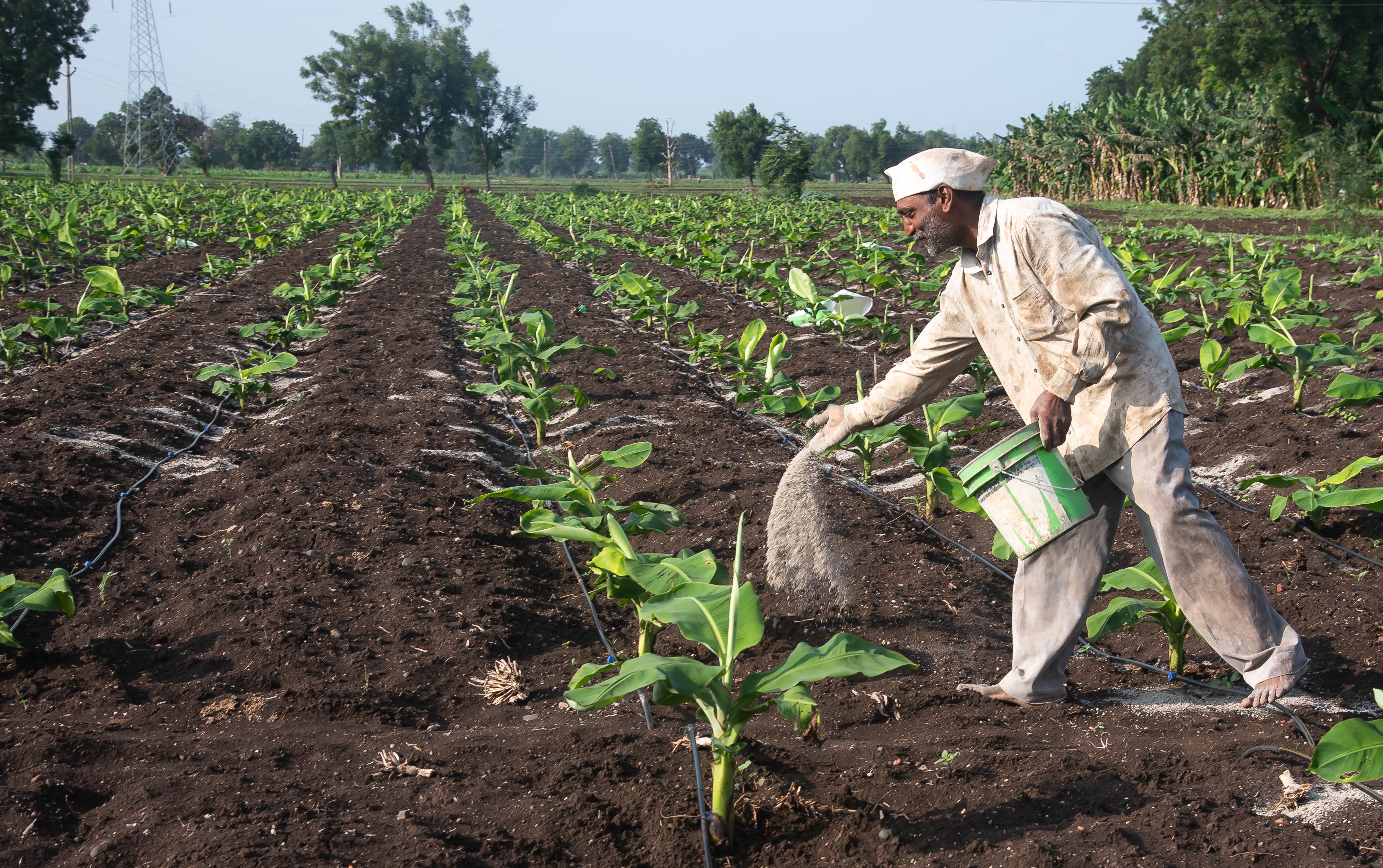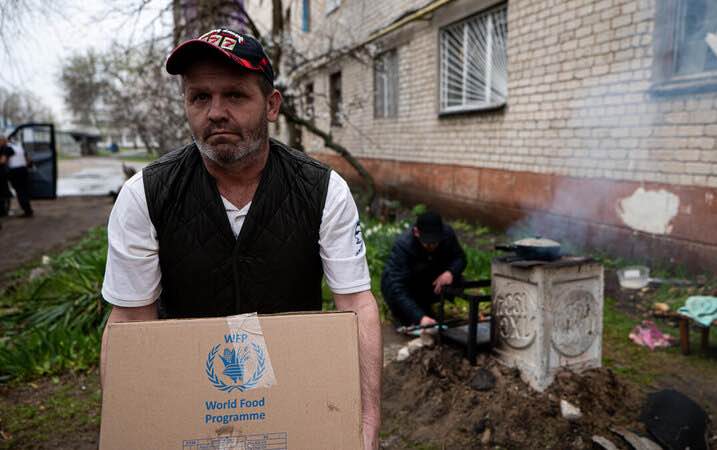Conflicts and other shocks have triggered rising food insecurity and malnutrition in many places around the world. This special blog series examines how these often-overlapping crises are impacting food systems at the global, national, and local levels. Contributors also evaluate policy responses to food system shocks, with a view to finding effective approaches that enhance the resilience of both national and global food systems. The series is co-edited by Joseph Glauber, IFPRI Senior Research Fellow, and Johan Swinnen, IFPRI Director General and Managing Director of CGIAR’s Systems Transformation Science Group.
This blog series was initiated in February 2022 when Russia’s invasion of Ukraine triggered trade disruptions and significant increases in international prices of energy, agricultural commodities, and fertilizer, which were already elevated due to the COVID-19 pandemic and related value chain disruptions. While those impacts are still being felt, this series has expanded to incorporate posts on new conflicts, such as those in Sudan and Gaza, as well as weather-related disturbances and other food system shocks.
Latest Blog
-
MC12: How to make the WTO relevant in the middle of a food price crisis
Steps to address export restrictions and stockholding issues.
-
Rising commodities prices driven by the Russia-Ukraine crisis threaten to undermine Kenya’s economy, increase poverty
Modeling shows lowered GDP and agricultural production for 2022.
-
The Russia-Ukraine crisis presents threats to Nigeria’s food security, but potential opportunities for the fertilizer, energy sectors
Problems for a country that imports 99% of its wheat.
-
Short-term policy considerations to respond to Russia-Ukraine crisis disruptions in fertilizer availability and affordability
Rising prices and uncertain supplies affect agriculture worldwide.
-
Can the G7 be a force for good in the current global food security crisis?
Ambitious commitments must be backed by action and funding.
-
One of the world’s worst economic collapses, now compounded by the Ukraine crisis: What’s next for Lebanon?
High food prices and shortages pummel an already suffering population.









